
Facts about Sleep Apnea
Sleep apnea is a sleep disorder characterized by interrupted breathing during the sleep. Patients who suffer from this disorder experience sleep apnea night after night and they feel tired even if they slept for a whole night. Sleep apnea may be caused by the narrowing of the airways, and this type of the disorder is known as obstructive sleep apnea. Also, there is another type called central sleep apnea, which is caused by brain inability to send appropriate signals to breathing-controlling muscles. Third type is known as complex sleep apnea and its symptoms include combination of both previously mentioned types of sleep apnea.
CPAP Treatment
Recommended treatment for patients suffering from sleep apnea is continuous positive airway pressure or CPAP. It is found to be especially useful if the patient is suffering from moderate to severe obstructive type of sleep apnea. Machines used in CPAP treatment are approved by the FDA (Food and Drug Administration) of the USA, and they are available only by your doctor’s prescription. The same machines can also be used to treat people suffering from sleep apnea combined with heart problems, such as coronary heart disease and heart failure. Also, CPAP machines are present in most hospitals as the standard part of the intensive care units and used for ventilation.
CPAP therapy is beneficial for patients suffering from sleep apnea and helps them sleep well. It prevents fatigue caused by sleeping disturbances. Additionally, this treatment can lower high blood pressure, decrease the risk of heart problems and relieve snoring.
These machines blow the air into the air passages of the patient through a pipe or hose to the nose mask. In some cases patients even wear full facial mask for the treatment. CPAP machines blow the air at some particular pressure, determined after the study of each patient in the sleep laboratory.
There are three types of CPAP machines, normal, auto or ACPAP and also bilevel or BiCPAP, depending on the pressure they provide for the patient. Normal CPAP machines provide fixed pressure and auto CPAP automatically adjust to the minimal required pressure to avoid collapse of the airways. BiCPAP machines are able to provide separate inspiratory and expiratory airway pressures for each patient.
Downfalls of CPAP Therapy
Patients using CPAP machines may have troubles with the masks used on the face. These are made in particular dimensions and they might not be suitable for everyone, so you should try them on with CPAP technicians before the use. Most people find sleeping with the mask on the face quite uncomfortable, but they usually adjust to the situation, especially since the alternative is surgery or some intra-oral dental appliances.
Dry nose is also very common problem for these patients, but use of humidifiers may solve that one.


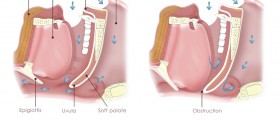
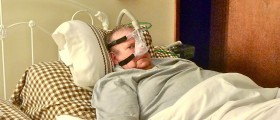
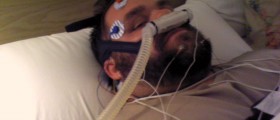
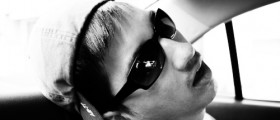
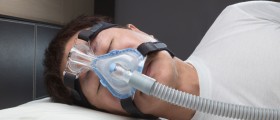
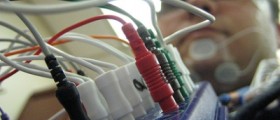
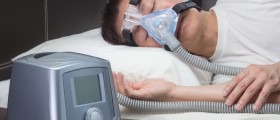

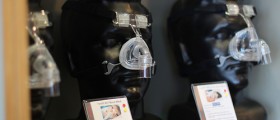
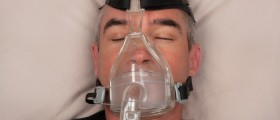
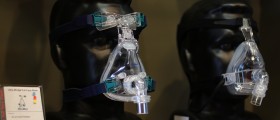
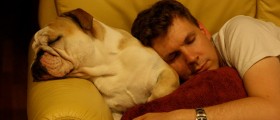
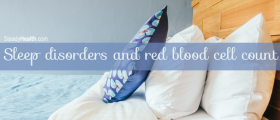
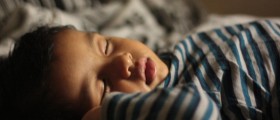
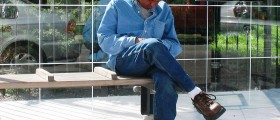
Your thoughts on this
Loading...